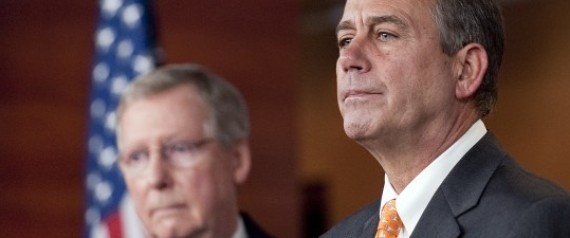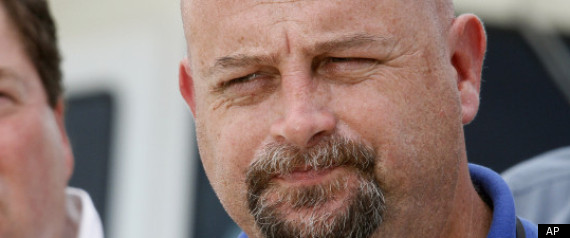The moment in which we find ourselves is marked by promise and peril. Throughout the Middle East, popular uprisings are dramatically accelerating history and undermining a half-century’s worth of geopolitical certainties. Meanwhile, in Canada, the US, and Europe, right-wing politicians and movements have been making significant inroads. In the US, the Tea Party has decisively undermined the Obama administration and opened up spaces for far right and fascist organizers to popularize their positions. In Canada, the Conservative Party has been steadily consolidating its grip on power and has been remaking the state in its image. In cosmopolitan Toronto, rightwing populist Rob Ford soundly defeated his liberal and social democratic opposition in the Mayoral election of October 2010.
It’s a little bit overwhelming. Enamored by naïve visions of a socially progressive Canada (arising primarily from misguided comparative analyses), popular commentators in the US have for the last half decade looked on with incredulity as Conservatives at the helm of the Federal Government launched concerted attacks on women, queer people, and sex workers. Syndicated sex columnist Dan Savage could not conceal his bemused incomprehension that a nation set to let gays walk down the aisle smoking pot could repeatedly put someone like Harper in power.
It’s a little bit overwhelming. Enamored by naïve visions of a socially progressive Canada (arising primarily from misguided comparative analyses), popular commentators in the US have for the last half decade looked on with incredulity as Conservatives at the helm of the Federal Government launched concerted attacks on women, queer people, and sex workers. Syndicated sex columnist Dan Savage could not conceal his bemused incomprehension that a nation set to let gays walk down the aisle smoking pot could repeatedly put someone like Harper in power.




















